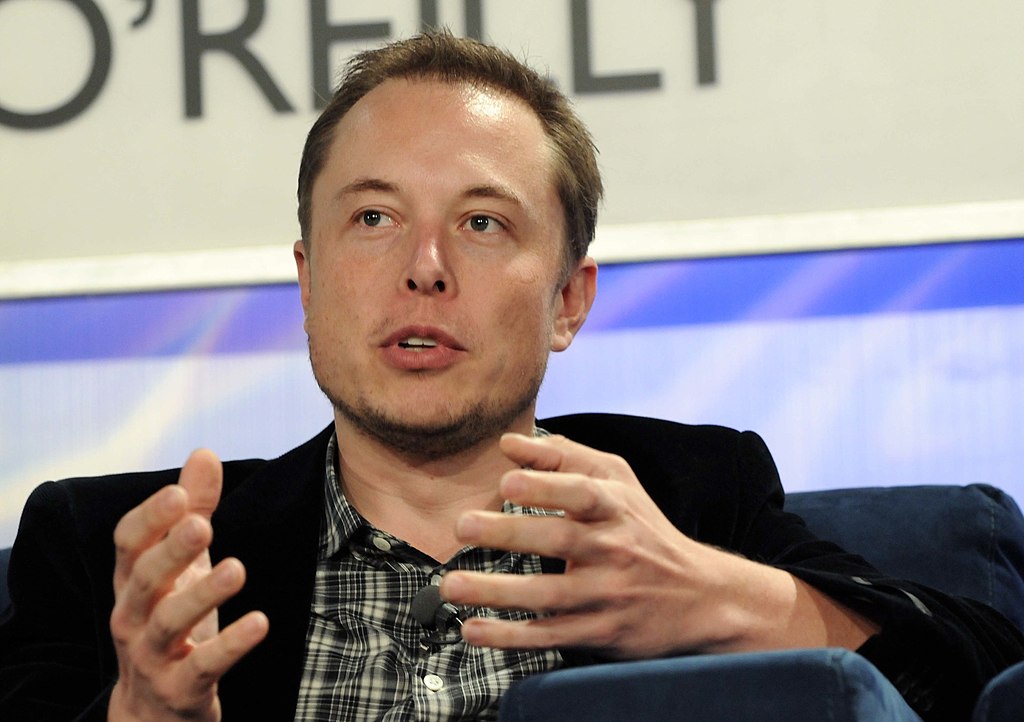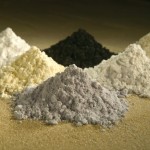Elon Musk has made history by becoming the first person to cross $500 billion net worth. This staggering wealth milestone nevertheless underscores how volatile valuations and stock market gains can propel paper wealth to new heights (and lows).
What Drove the Surge?
The lion’s share of Elon Musk’s fortune comes from his owenership of Tesla stock, whose share price climbing over 14% this year. As he owns approximately 12.4 % of Tesla, gains from holding alone added billions to his net worth. Musk also holds huge stakes in his space startup SpaceX and his AI startup xAI, neither of which is listed, with valuations pegged at around $400 and $45 billion respectively in private fundraising rounds.
It is because of these valuations that Elon Musk's wealth (and that of other billionires) famously fluctuates. Hence the source of such news is from indices that update continuously as stock prices change, such as Forbes’ “Real-Time Billionaires”.
How Are These Numbers Calculated?
One must, however, remember that this is an estimated or theoretical valuation, not a counting of real assets like land, homes, bank deposits etc.
Net Worth = Value of All Assets (public & private) − Liabilities.
Table of contents [Show] Public Equity Holdings | Shares in a public company (e.g. Musk’s stake in Tesla) multiplied by the current market price give the value. Because of this, small price changes lead to large swings in net worth. |
Private Company Valuations | For private firms (e.g. SpaceX, xAI), analysts look at recent funding rounds, revenue, profits, and/or insider share transactions, to arrive at speculative values. |
Discounts & Adjustments | To account for illiquidity (stock that is not traded publicly and hence cannot be liquidated on demand), minority ownership, or debt, analysts apply discounts to their value. |
Other Assets | Real estate, cash, art etc are then added. |
Liabilities | Total debt (loans, bonds) and obligations are subtracted. |
Valuation vs Real, Realizable Assets
| Valuation is Theoretical | A valuation is an estimate of what a company could be worth under certain conditions, like positive market sentiment, future earnings, demand for shares etc. |
| Liquidity Constraints | Since billionaire's stakes in their companies are in the billions, any sale of a large block of shares would push the market down, reducing the actual value they can realise. |
| Market Volatility | Public stock valuations change moment to moment, so modest swings in stock price cause huge net worth oscillations. |
| Obligations | The net worth is not convertible to real cash: some holdings may be circumscribed by debt, and will incur tax on sale. |
| Illiquid Assets vs Cash | Valuation emphasizes growth potential rather than immediately convertible value. Musk is thus often described as relatively “cash poor”. |
What Comes Next? The Trillionaire Dream
Crossing the $500 billion mark is historic, but Musk isn't done yet. He is rumoured to have a compensation plan at Tesla (his most valuable company) targeting up to $1 trillion, contingent on performance goals. Meanwhile, his leap over his closest rival Larry Ellison (now valued around $350 billion), who was briefly the richest man on the planet, is striking, with a nearly 150 billion dollar jump in just a few weeks.
Nevertheless, Elon Musk’s ascent to $500 billion net worth reflects how modern wealth is built on market valuations and investor expectations. Importantly, many of these are paper valuations — it doesn’t mean he holds that amount in spendable cash.
*
Keywords: Elon Musk, net worth, 500 billion, Forbes, Tesla stock, SpaceX valuation, billionaire ranking, private company valuation, paper wealth, wealth milestone, trillionaire dream








